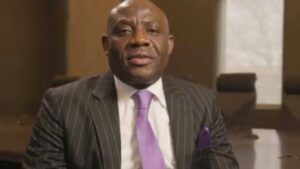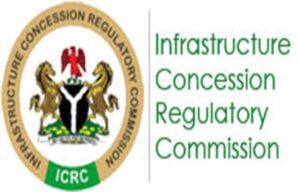NARD tasks seeks adequate funding, infrastructure to improve residency training in Nigeria
Dr Taofeek Sanni, the Southwest Caucus Leader of the Nigerian Association of Resident Doctors (NARD), has tasked government on funding and infrastructure to improve residency training in the country.
Sanni disclosed this in an interview with the Newsmen in Ibadan on Friday.
He identified paucity of funds, infrastructural decay and brain drain in the medical field as major challenges which government needed to address.
Sanni, a resident doctor at the Federal Teaching Hospital, Ido-Ekiti, said that the Federal Government needed to do more on residency training by ensuring quality of the training and making it beneficial to the trainees and the country.
“One of the ways through which we can train people well is to make sure we do everything to retain those that we had trained before, who will be the trainers of the new trainee.
“This is because if you keep on training and exporting them, we won’t have quality people to train those coming behind,” he said.
Sanni emphasised the need to address the issue of brain drain, stressing “people are being trained in this country and then go aboard to do wonders.
“Why can’t they stay in Nigeria and do such wonders as well as train the next generation?
“We need to increase the machinery needed for training. We need equipment; many of them are not available.
“Residents will just hear about the equipment as mere verbal discussions. Many are just seen them on the internet; we are not able to use those things in practice and even in treating our patients,” he said.
According to him, brain drain and lack of equipment account for reasons many doctors leave Nigeria to practise abroad, where they will have access to modern equipment and be able to contribute more into people’s treatment.
“We need to invest in this equipment. Though they are expensive, in the long run, we will gain, as a lot of lives will be saved,” Sanni said.
The NARD chief also identified funding as another germane factor in residency training.
He advocated for increased salaries for resident doctors and provision of overseas training for specialisation, as being done in time past.
“We all know that salaries in Nigeria are not that encouraging but the case of resident doctors is peculiar.
“The remunerations of resident doctors need to be upgraded in order to discourage brain drain, while overseas training should also be encouraged.
“Resident doctors can enter into a bond with the government to ensure that they return to the country after going abroad for further study.
“With this kind of an arrangement, the resident doctors will gain, government and people will also, as the more the lives that are saved, the more responsible the government is.
“No life is worth losing over small illnesses that we can take care of in Nigeria. So the more we invest in health, the more we save lives and the happier the people will be,” he said.
Sanni, who noted that the curriculum being used in medical education in the country was superb, however, expressed fears that there might be delay in achieving the curriculum.
“There are some postings you need to do in some facilities, which are not available and you have to move to other facilities where those postings are available or travel abroad to actualise them.
“Most of our doctors do well when they travel abroad because the curriculum is very rich.
“What we need to do is to upgrade all our teaching hospitals to be able to implement the curriculum in full.




